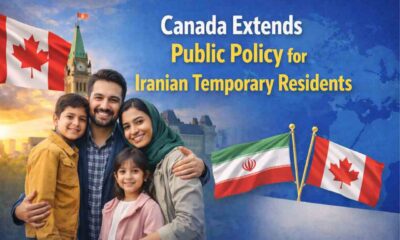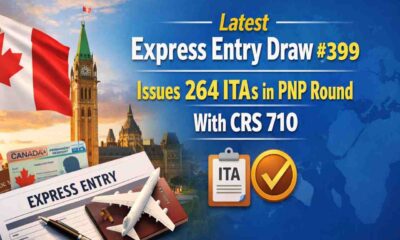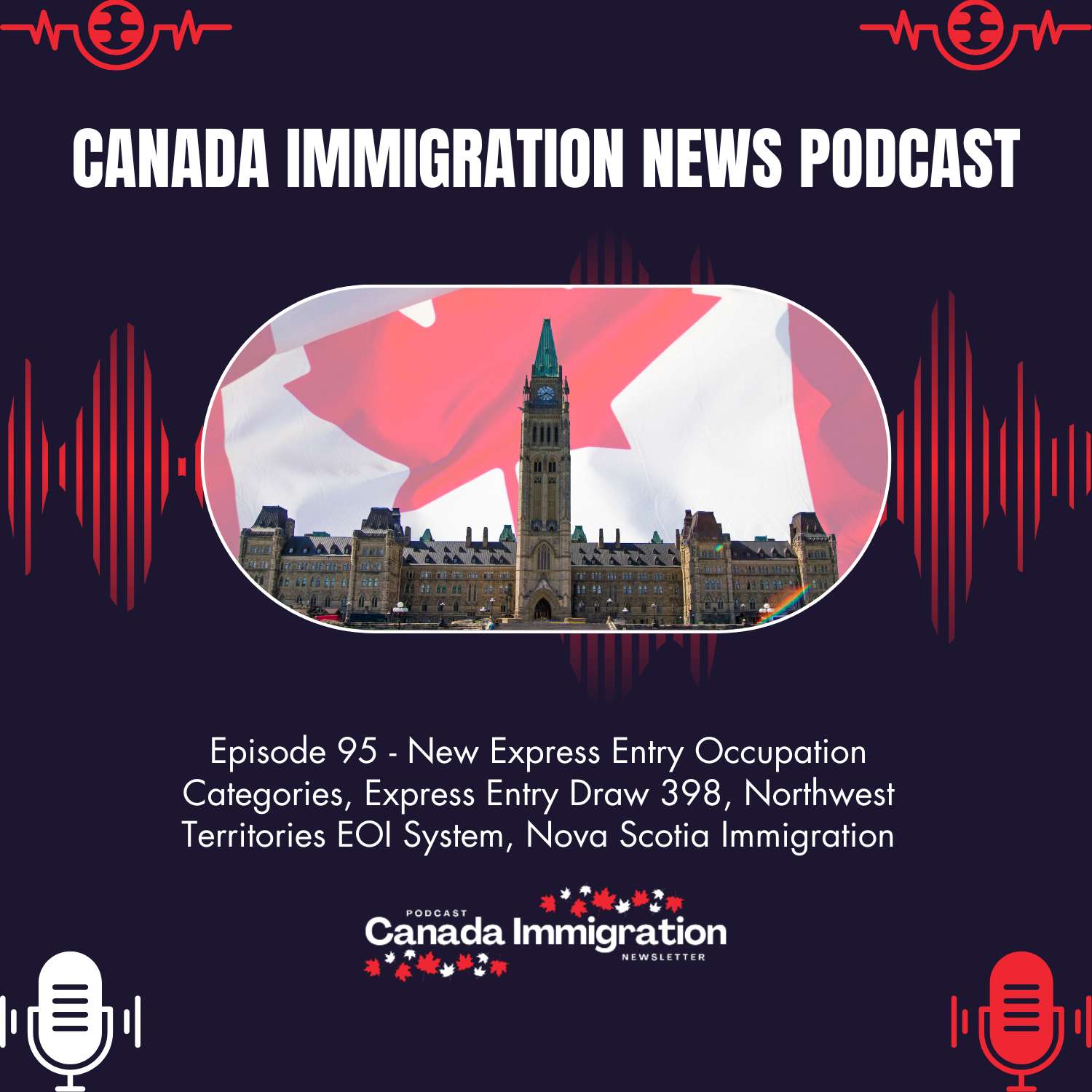Immigration Announcement
Quebec to Mandate French Proficiency for Temporary Workers by 2028

Quebec is making headlines again, but this time, it’s not about immigration targets or caps. Instead, it’s about language. In a long-anticipated move, the provincial government has officially rolled out a regulation that will make basic French-speaking skills mandatory for temporary foreign workers in Quebec.
Set to be enforced by 2028, this change is poised to shape how Quebec’s economy, labour force, and immigration system interact. And yes, it could influence how other provinces approach temporary immigration, too. This shift raises a major question for workers and businesses alike: Is Quebec balancing economic needs with its cultural priorities?
New French Rules for Temporary Foreign Workers in Quebec
Under this regulation, workers under the Temporary Foreign Worker Program (TFWP) in Quebec will now be required to demonstrate oral level 4 French proficiency to renew their work permits.
Level 4, according to government standards, means the individual must be able to understand the general meaning of short conversations and speak about familiar subjects like daily routines or common tasks.
This requirement won’t be immediate. The full implementation is planned for 2028, giving workers and employers a three-year grace period to prepare. During this time, temporary workers can continue their jobs without needing to prove their language ability, but they’ll need to work toward the new standard.
Exceptions and Industry Impact
While this rule is wide-reaching, it doesn’t apply to everyone. Workers in primary agriculture have been exempted from the language requirement. Quebec acknowledges the labour needs in the farming sector are particularly high, and enforcing a language prerequisite there could put food production at risk.
For other industries, however, the regulation brings both opportunities and concerns.
The Quebec government admits this requirement might affect the competitiveness of local companies, especially since no other province in Canada imposes similar conditions. Employers who rely heavily on foreign labour may have to adjust recruitment and training strategies.
But at the same time, there’s a strong belief in Quebec’s corridors of power that promoting French will help temporary workers better integrate into workplaces and society.
Why Quebec Is Doing This: More Than Just Language
This regulation doesn’t just speak to linguistics. It ties deeply into Quebec’s identity, politics, and economic vision.
The government has been pushing for more French in every corner of life—from signage to schools to immigration. Making the ability to communicate in French a requirement for workers is being framed as a necessary step toward preserving Quebec’s culture while promoting long-term integration.
Jean-François Roberge, Quebec’s Minister of Immigration, emphasised that language proficiency will allow temporary foreign workers to stay longer, contribute more deeply, and fill critical labour gaps more effectively. And with French already required for many permanent immigration streams in the province, this move brings consistency to Quebec’s broader immigration model.
What This Means for Employers and Workers
For Workers
- You’ll need to prepare for language testing if you plan to stay beyond three years.
- Government and private institutions may offer language training and support.
- Meeting this requirement could open doors to permanent residence in Quebec.
For Employers
- Early planning is essential.
- French language training may become a key part of your HR strategy.
- Retention may be affected if workers choose other provinces without language barriers.
French Language Policy Adds New Layer to Canada Immigration Landscape
While this new rule affects only Quebec, it adds a new dimension to the Canadian immigration system overall. It may prompt discussions across the country about linguistic integration, especially as immigration remains a vital economic engine in nearly every province.
Quebec’s decision could also influence how businesses plan their labour strategies, potentially leading to increased investments in employee language training or shifts in how they recruit internationally.
A Cultural and Economic Balancing Act for Canada Immigration
By introducing a French language requirement for temporary foreign workers, Quebec is asserting both its cultural identity and its expectations from newcomers. While this regulation might reshape the labour market dynamics in the province, it also reflects a deeper shift in how Canadian immigration is evolving, not just to meet economic needs but also to preserve provincial distinctiveness.
With 2028 on the horizon, workers, employers, and policymakers have time but not forever to prepare for what could become a defining rule in Quebec’s labour and immigration system.























